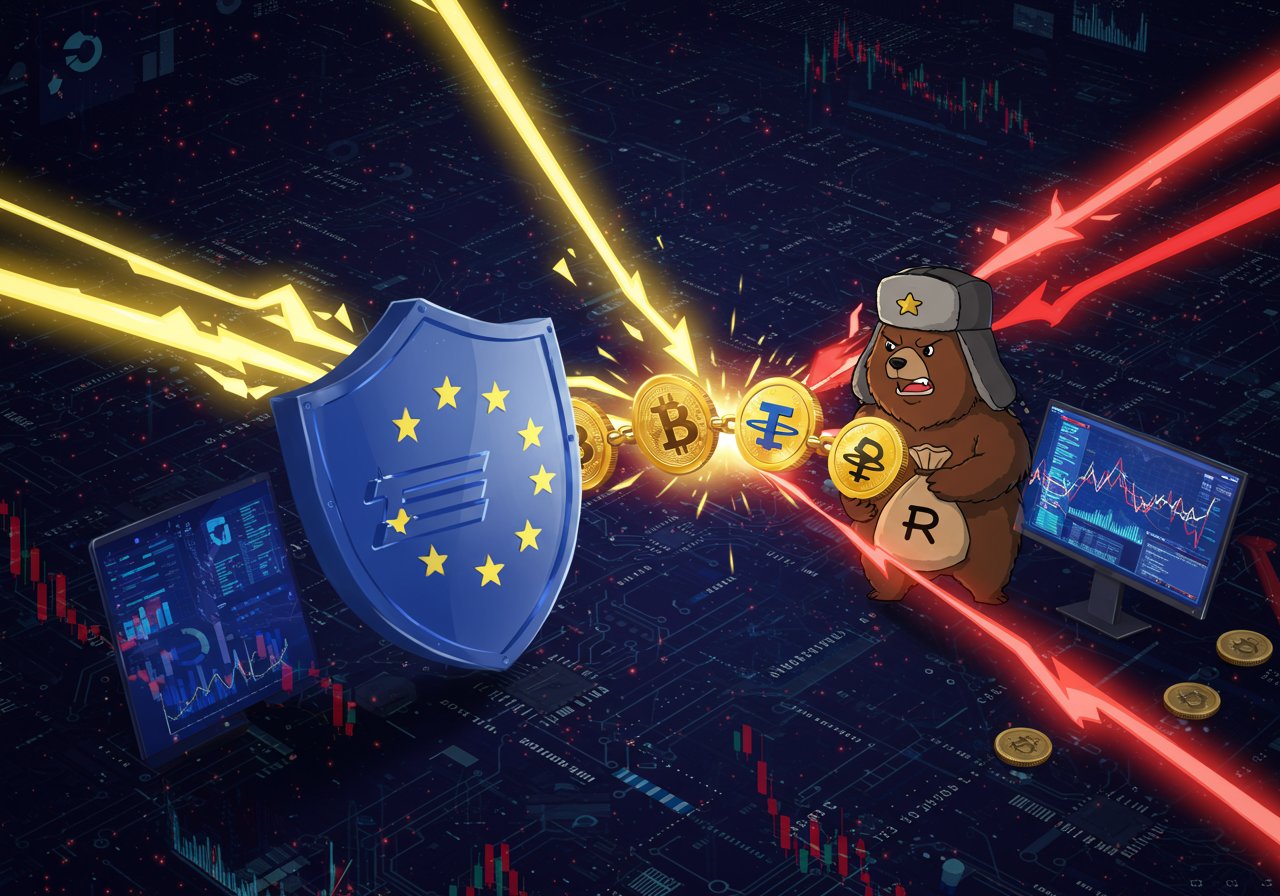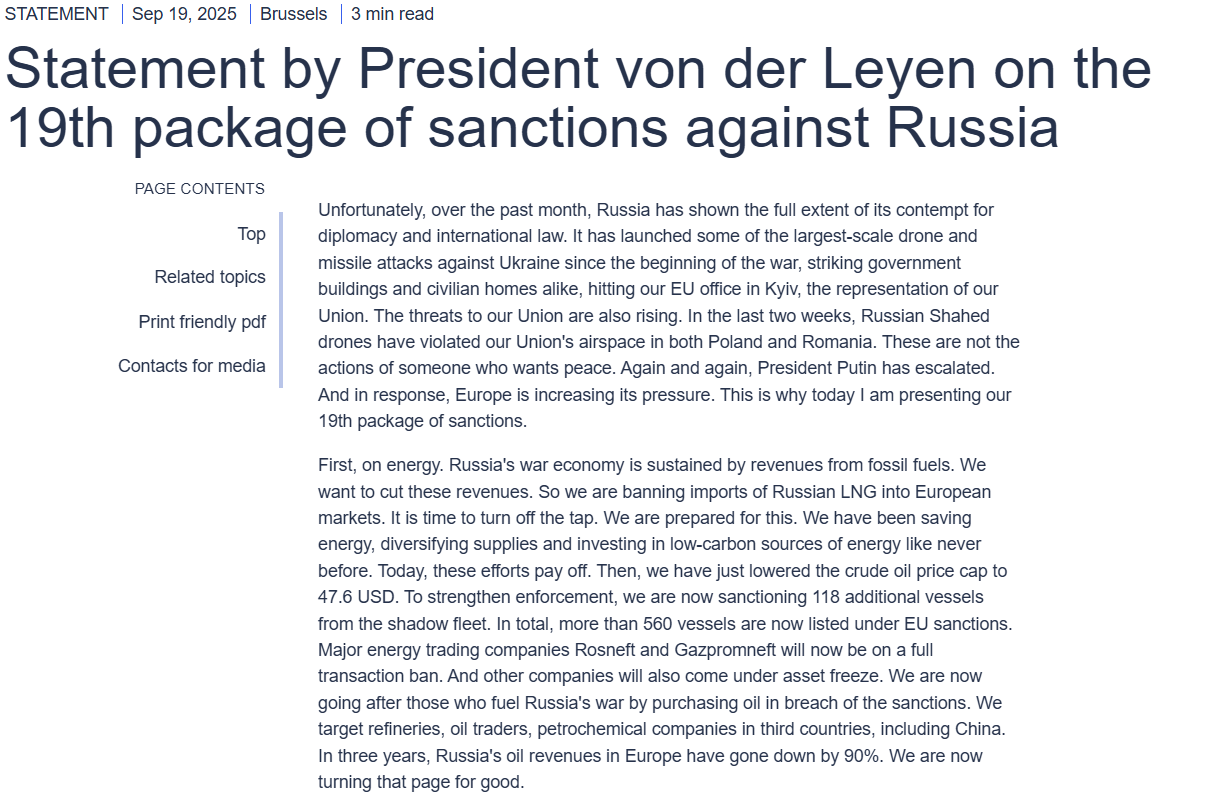
European Union Intensifies Sanctions: Crypto Platforms Targeted
The European Union has escalated its financial offensive against Russia, and for the first time, cryptocurrency platforms are directly in the line of fire. This marks a pivotal moment in the ongoing conflict, acknowledging the potential for digital assets to be used to circumvent traditional financial restrictions. The EU’s 19th sanctions package, spearheaded by European Commission President Ursula von der Leyen, is a direct response to Russia’s continued aggression in Ukraine and its use of sophisticated evasion tactics. The directive aims to prevent Russian entities and individuals from using cryptocurrencies to bypass existing sanctions.

Key Restrictions on Crypto Transactions
The core of the new measures involves a comprehensive prohibition on all cryptocurrency transactions for Russian residents. Moreover, the sanctions package specifically targets dealings with foreign banks that are connected to Russia’s alternative payment systems. These restrictions extend to entities operating within Russian special economic zones, further limiting avenues for illicit financial activity. Von der Leyen emphasized that the sanctions are designed to adapt to evolving evasion methods, highlighting the EU’s commitment to staying ahead of any attempts to undermine their financial restrictions.
Implications for Crypto Platforms and Users
This move will likely force cryptocurrency platforms operating within the EU to implement rigorous Know Your Customer (KYC) and Anti-Money Laundering (AML) procedures to ensure compliance. Platforms may face significant challenges in identifying and preventing transactions linked to Russian residents or sanctioned entities. The ramifications extend to individual users, potentially impacting their ability to access and use digital asset services. Any platform failing to comply could face severe penalties, including fines and operational restrictions.
Background: Crypto’s Role in Sanctions Evasion
Reports suggest that sanctioned Russian entities have previously explored the use of cryptocurrencies, such as Bitcoin (BTC) and Tether’s USDt (USDT), to circumvent financial restrictions. Reuters reported in March that Russian oil companies were conducting tens of millions of dollars worth of monthly transactions using digital assets. The US Department of Justice has also taken action against individuals accused of laundering significant sums through crypto companies, highlighting the vulnerability of the system to misuse.
A Tale of Two Sides: Ukraine’s Crypto Ambitions
While the EU cracks down, Ukraine is actively exploring the use of Bitcoin for bolstering its financial resilience. Ukrainian lawmakers are developing a proposal to establish a national Bitcoin reserve. This stands in stark contrast to the EU’s approach, showcasing the complex and multi-faceted role that cryptocurrencies are playing in the current geopolitical landscape.
What’s Next?
The sanctions package requires unanimous approval from all 27 EU member states before it becomes official. Once enacted, the crypto industry will need to rapidly adapt to these new restrictions, which could have a lasting impact on how digital assets are used and regulated. The EU’s actions underscore the increasing awareness of the potential for digital assets to be used for both legitimate and illicit purposes, forcing the industry to mature its compliance protocols and engage in proactive collaboration with regulatory bodies.



